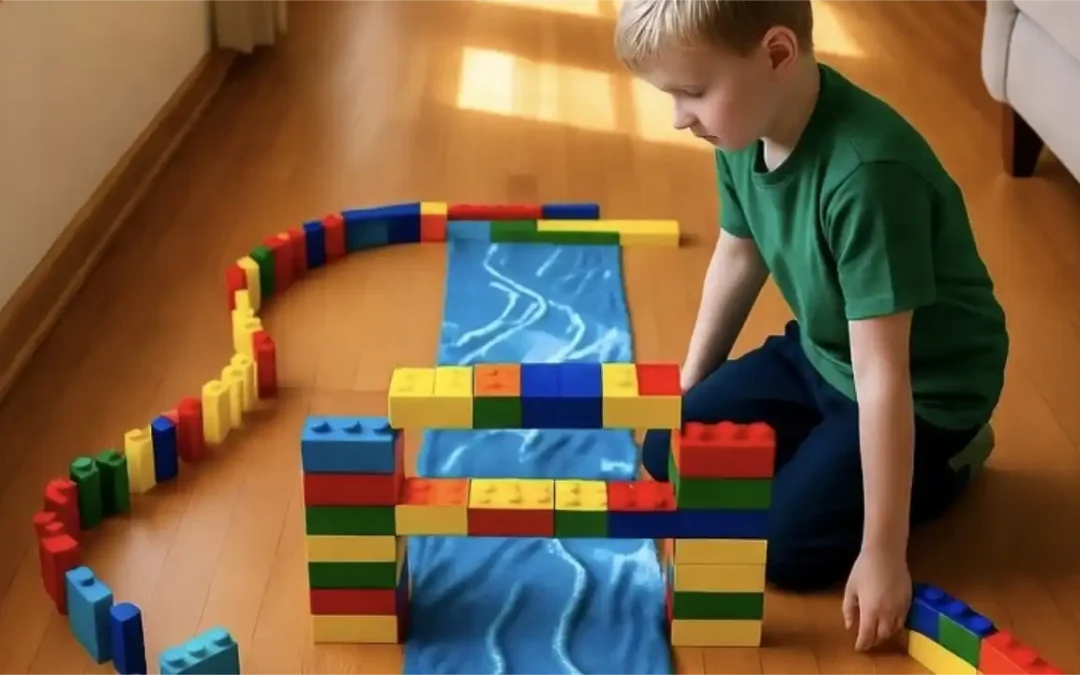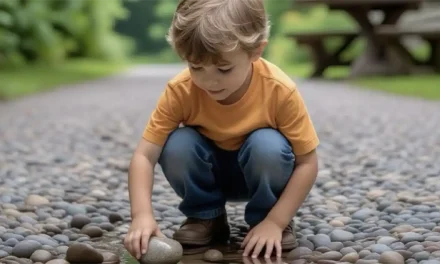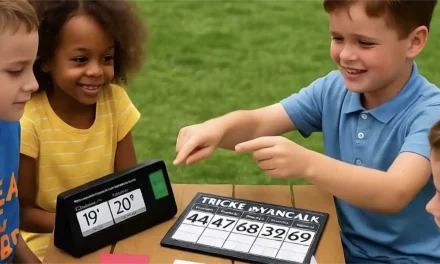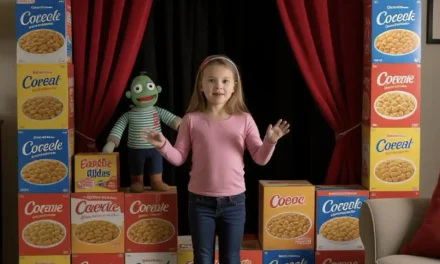
Encouraging Risk-Taking and Experimentation: Cheer Effort Over Results
M
y son and I were tossing a ball in the yard one afternoon. He missed again and again, yet his grin never faded. I asked, “What do you enjoy about trying?” Without pause, he said, “Getting better.” That small answer marked a shift. We stopped measuring success by outcomes and started noticing effort—adjusting a throw, testing a grip, listening to feedback. Every miss became part of the pattern. He wasn’t chasing a win. He was learning how to stay with something long enough to understand it.
That habit carried into other corners of his life. When he started building paper kites, many collapsed mid-air. Still, he revised. “This one’s better,” he’d say, holding up a bent wing. At a local park event, he entered with one that barely flew, but he walked through his design with such focus that others gathered to listen. The flaws didn’t matter. The process did. Over time, that same energy showed up in class projects and school debates. He wasn’t waiting to be right. He was willing to engage.
Support this mindset by naming the effort, not just the outcome. Ask what they enjoyed about the challenge, or what they might try differently next time. Keep a sketchbook or journal for their projects—notes, diagrams, even crossed-out plans. Let them see that progress takes shape slowly. When children learn to value the work they put in—not just the result they get out—they start thinking like builders, not performers.
Encouraging Risk-Taking and Experimentation

Encouraging Risk-Taking and Experimentation: Test Creative Guesses
Encourage children to test their ideas and see what happens. This builds reasoning, confidence, and active problem-solving skills.

Encouraging Risk-Taking and Experimentation: Free Wild Experiments
Give your child room to explore freely. Wild experiments spark curiosity, inventiveness, and joyful discovery without fear of mistakes.
Table of contents

Primordial Soup for the Mind: Navigation
Navigate the book Primordial Soup for the Mind.
TIPS
- Praise effort in games or crafts, not just results.
- Cheer their tries to show you value their work.
- Support weekly efforts.
- Ask “What’s fun about trying?” to start ideas.
ACTIVITIES
- Ball Toss: Practice a skill, ask, “What’s fun about trying?” Try for 15 minutes.
- Kite Test: Build kites, talk about their effort, 20 minutes.
EXAMPLE
My daughter tried cartwheels, saying, “I’m learning!” Her tries started a gymnastics hobby.

Download “Primordial Soup for the Mind: A Parent’s Guide to Nurturing Intellectual Growth”
Enter your information to get this article and hundreds more as part of the FREE book Primordial Soup for the Mind.
Share your thoughts with the Thought Academy community in the Comments section below.

Sharpen those skills!
Enter your information to get our FREE practice exercises so you can hone your critical thinking and reasoning skills!







0 Comments